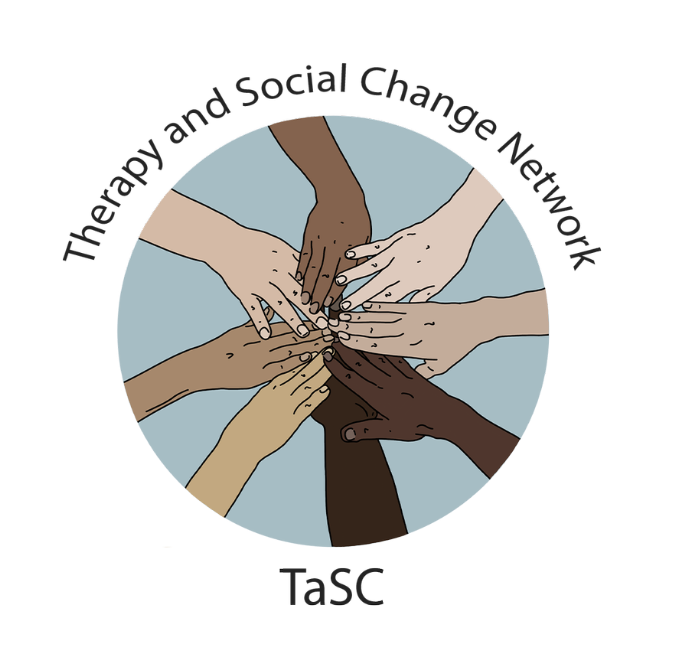What happens when a conservative evangelical embarks on a transformative journey toward progressive Christianity? Join us in an interesting conversation with Simon J. Cross as he unpacks his remarkable shift in faith and ideology. Simon reflects on his evangelical upbringing and the limitations he encountered within traditional evangelical frameworks. He explores how he balances his deep-rooted Christian identity with progressive values, offering profound insights into the importance of change as a cornerstone of his theology and worldview. Through his work at the intersection of mental health, spirituality, and social science, Simon delves into relational theology and mental well-being.
In our exploration of evolving Christian theological perspectives, Simon challenges traditional notions of a distant, omnipotent deity. Instead, he presents a compelling case for a relational understanding of God, one that is deeply affected by human suffering and social injustice. This chapter ties together themes from post-Holocaust theological developments and liberation theology, and addresses the dual role Christianity plays in Western society – both as a force for liberation and oppression. Simon’s experiences in mentoring and his reflections on the diversity within Christianity offer listeners a nuanced perspective on faith’s role in contemporary issues.
We move on to discussing interfaith and intra-faith dialogue, the preservation of community spaces and rituals, and the concept of Christian Anarchism, exploring how tradition may be rethought to maintain relevance in modern society and consider the mental health benefits of communal activities. We also dive into the concept of challenging imaginary borders, especially in the context of national boundaries and migration. Finally, Simon discusses his work as Chair of the Progressive Christianity Network, and talks about the diversity of its current membership and how people can get involved.
‘In the episode, Robbie regrets not always using the most inclusive language – for example ‘brother or sister’ rather than ‘sibling’, and apologises to all affected by this.’
The ‘Mill Hill’ mentioned is the unitarian Mill Hill Chapel, in Leeds:
Course Content
Organisation
This learning is avaibale in the FREE Student Hub
Presenter

The Therapy and Social Change (TaSC) Network is a broad affiliation of people interested in exploring the interface between therapeutic ideas and practices and social justice perspectives and actions. We are interested both in the ways that counselling and psychotherapy can be practiced with social justice concerns in mind (for instance, tackling unconscious biases in the consulting room), and also in the ways that therapeutic principles and practices can be extended out to the wider social realm (for instance, developing social and emotional literacy in schools).


